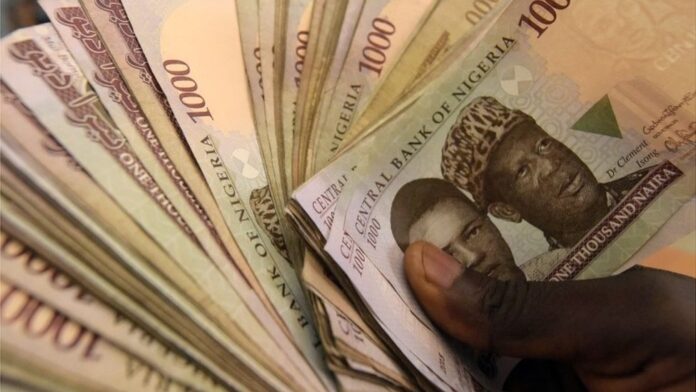A report by the World Bank has confirmed growing public doubts about the effectiveness of Nigeria’s $800 million conditional cash transfer scheme. Originally designed to support 15 million vulnerable households following the removal of petrol subsidies and the unification of the foreign exchange market in 2023, the programme has reportedly failed to deliver.
Only 5.6 million households were reached, with less than 40 percent receiving even a single payment. This comes despite widespread economic hardship and expectations of relief from the government. The initiative was pushed forward by President Bola Tinubu, who chose to proceed despite criticism, continuing a controversial programme started under former President Muhammadu Buhari.
The scheme, backed by a loan from the World Bank, was intended to provide N75,000 to each selected household over three months. However, critics say the social register used to identify beneficiaries is unreliable and that funds have been repeatedly mishandled. There are comparisons to countries like Brazil, Colombia, and South Africa, which use well-managed social registers for similar programmes, ensuring funds reach those in need.
During Buhari’s administration, over N600 billion was reportedly spent on similar schemes, with the National Assembly estimating the figure closer to N2 trillion. Serious allegations of fraud have since surfaced. In January 2024, former Humanitarian Minister Sadiya Umar Farouk and ex-NSIPA chief Halima Shehu were questioned over N37.1 billion in missing funds.
Despite these unresolved issues, the current administration moved ahead with the $800 million disbursement. Many have criticized the decision, arguing that the funds would have had a greater impact if invested in small businesses, agriculture, or local manufacturing. These sectors could generate employment and boost productivity, rather than encouraging short-term dependency.
The latest findings have reignited public frustration. Critics argue that such schemes are fast becoming a tool for political patronage rather than genuine poverty relief. The World Bank’s own admission of poor execution only adds to the perception that the money has been wasted.
Calls are growing louder for the government to end the cash transfer model and instead focus on sustainable economic support that empowers people, creates jobs, and restores public trust in social programmes.

